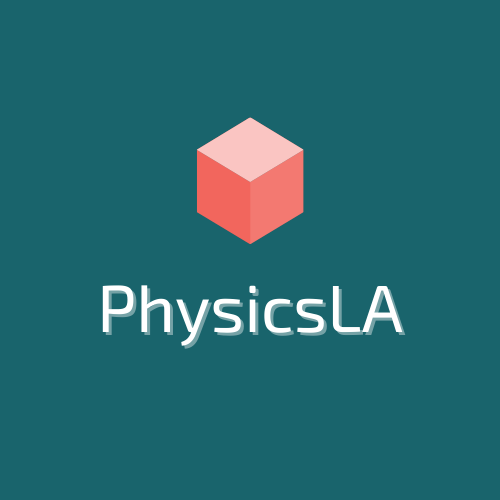The Surge of Student-Driven Encyclopedias: Transforming Discovering Landscapes
In the ever-evolving realm of education, where information streams perfectly and access to knowledge is question and answer just a click away, student-driven encyclopedias are emerging as a vibrant device in the learning procedure.

These platforms not only provide pupils with a database of details however likewise urge them to contribute, modify, and curate content, promoting a collective and interactive discovering setting.
As instructional standards shift in the direction of more participatory and comprehensive models, the concept of student-driven encyclopedias embodies this change. These systems encourage students to come to be active participants in knowledge production, linking the void between traditional textbook discovering and modern electronic resources.
The Principle of Student-Driven Encyclopedias
Student-driven encyclopedias are electronic systems where pupils jointly gather, verify, and disseminate details on a large array of topics. Unlike traditional encyclopedias, which are frequently created by specialists, these platforms leverage the joint efforts of students to create a comprehensive body of expertise.
At their core, student-driven encyclopedias are made to grow vital reasoning, research study abilities, and electronic literacy amongst students. By engaging in the process of material production, pupils find out to browse and assess details critically, abilities that are vital in today’s information-rich culture.
Additionally, these platforms function as an area for trainees to explore their interests and share their know-how. This autonomous strategy to understanding production guarantees that a varied variety of point of views and voices are stood for, enriching the finding out experience for all individuals.
- Students obtain hands-on experience in study and material creation.
- Urges partnership and peer interaction.
- Advertises a much deeper understanding of subject.
- Fosters inclusivity and variety in knowledge representation.
In essence, student-driven encyclopedias transform students from passive recipients of information right into active contributors, instilling a sense of possession and responsibility in their academic trip.
Benefits of Student-Driven Encyclopedias
Among the major advantages of student-driven encyclopedias is the advancement of essential 21st-century abilities. As trainees participate in the procedure of material development, they refine their essential thinking, digital literacy, and interaction abilities, all of which are critical in today’s interconnected world.
Furthermore, these systems urge a joint understanding atmosphere, where trainees can collaborate to validate details, argument various perspectives, and co-edit write-ups. This peer-to-peer communication not just enhances learning results however additionally promotes a feeling of community and shared regard among students.
Moreover, student-driven encyclopedias offer a system for showcasing student work. As pupils add to the encyclopedia, they build a portfolio of their study and writing, which can be invaluable for further academic and professional searches.
Difficulties and Limitations

Despite the various advantages, student-driven encyclopedias likewise face specific challenges. Making certain the accuracy and dependability of details is vital, as these systems rely on contributions from students who may not yet have expert-level understanding.
- Maintaining content high quality and accuracy.
- Offering ample supervision and guidance.
- Guaranteeing equitable gain access to and inclusivity.
To alleviate these difficulties, many student-driven encyclopedias carry out a system of checks and balances, where content is evaluated by instructors or professionals before publication. This makes sure that the info provided is both exact and credible, promoting the honesty of the system.
The Future of Student-Driven Encyclopedias
As modern technology remains to advance and the landscape of education advances, the capacity for student-driven encyclopedias is substantial. These systems have the capacity to not only complement traditional academic resources yet likewise redefine the way expertise is obtained and shared.
In the future, we might see student-driven encyclopedias incorporating advanced innovations such as artificial intelligence Why did Spain build mission in the borderlands of New Spain? and machine learning to boost material curation and personalization. In addition, they might broaden past textual information to consist of multimedia material, supplying a much more immersive knowing experience.
Empowering the Future Generation
Student-driven encyclopedias hold the guarantee of equipping the next generation of students. By placing students at the helm of expertise development, these platforms encourage long-lasting discovering, interest, and intellectual freedom.
Finally, as instructional systems continue to introduce, student-driven encyclopedias stand as a testament to the power of collaboration and the relevance of pupil firm in the discovering procedure. By accepting these systems, we unlock to an extra inclusive, interesting, and vibrant academic experience for all.


